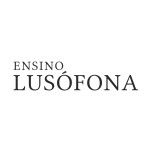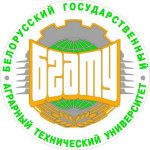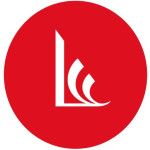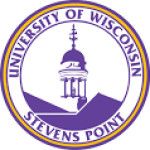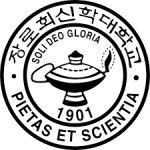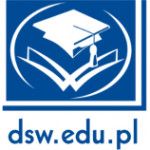About the program
Bachelor
Degree
Portuguese
Language of instructions
3 years
Years of study
Full-time
Study mode
Portugal, Lisbon
Location
Objectives The objective of the Bologna Declaration, signed by the ministers of education from 25 European countries, including Portugal, on the 29th of June, 1999 was to improve the quality of higher education throughout Europe, during the next 10 years. It highlighted the importance of involving students in constructing a project of lifelong education, focusing mainly on the development of both personal and social skills that will enable adaptability to changes and the challenges ahead. The Area of Educational Sciences of the Institute of Education, at the Lusophone University (¿Instituto de Educação da Universidade Lusófona¿) guarantees a first-class education due to its expertise in Training (Licentiate degree, Decree No. 651/98 of August 28, Master in Educational Sciences, Decree No. 177/98 of March 17, Specialized Training Courses) and its permanent contact with the research activity through its Research and Development Unit, CeiEF Centre for Studies and Research in Education and Training (Unidade de Investigação e Desenvolvimento, CeiEF-Centro de Estudos e Investigação em Educação e Formação). Knowledge, abilities and skills to be acquired The objectives of the Licentiate degree in Educational Sciences is to prepare technicians in the field of Education who, individually or as part of a team, are able to observe, characterize and evaluate the components that define certain educational contexts and to intervene, directly or indirectly, in their modification. Career According to the training objectives of the Education Technicians have competencies to intervene: at the Administrative level of the central, regional or local government, in educational institutions; management, consultancy; literacy, community animation, family education, adult education, vocational training for youth and adults; in training centres and offices; in centres of educational resources; in the social and educational practices associated with work, health, leisure, in the justice system; in prisons; in social inclusion; in the media, in education and research Entrance Conditions Candidates who meet the requirements defined in the International Student Statute can apply.
Required documents for admission
When applying for admission to Lusófona University (Lisbon) in Portugal you should prepare all required documents. Request a list of necessary documents directly from a university, as it may vary for different countries. Using our live chat, you can also ask for sample documents.
- A Mater’s diploma
- Document that certifies the knowledge of the language of the course you are applying for
- Passport
- Short draft for a Doctoral thesis project
- Document proving the conclusion of the Portuguese High School or equivalent. "To get equivalence to the Portuguese High School check the DGE website"
- Diploma of the degree obtained.
- Photograph
- Academic background of the BA/BSc
- Academic background of the Master’s degree
- Curriculum Vitae, dated and signed
Contacts
Lusófona University (Lisbon)
Campo Grande, 376
Lisbon
1749-024
Portugal
Similar programs in other universities
Course of the Russian language
Belarus, Minsk
You have the opportunity to learn Russian during 8-10 months at the preparatory department. Foreign citizens who don’t speak Russian will be enrolled in the preparatory course to s...
BA English Language and Literature
Lithuania, Klaipeda
A degree designed for future teachers, translators or just English language enthusiasts. However, career opportunities abound for English majors! Our graduates are working internat...
Bachelor of Education
United States, Stevens Point
The School of Education is the hub of teacher preparation programs at UW-Stevens Point. We prepare future teachers who are majoring in early childhood education, elementary educati...
Bachelor of Christian Education
South Korea, Seoul
Presbyterian University and Theological Seminary is the most prestigious and traditional Seminary in Presbyterian denomination in Korea. We offer three courses in college level: t...
Pedagogy: Teaching English in non-formal enviroment
Poland, Wroclaw
What are you going to learn by choosing this specialization? -how to organize an educational process in a non-formal and informal environment about approaches and methods of teach...
More about Bachelor in Education Sciences - Social Education
Learn more about your future job responsibilities and career prospects after completing the Bachelor in Education Sciences - Social Education program.
